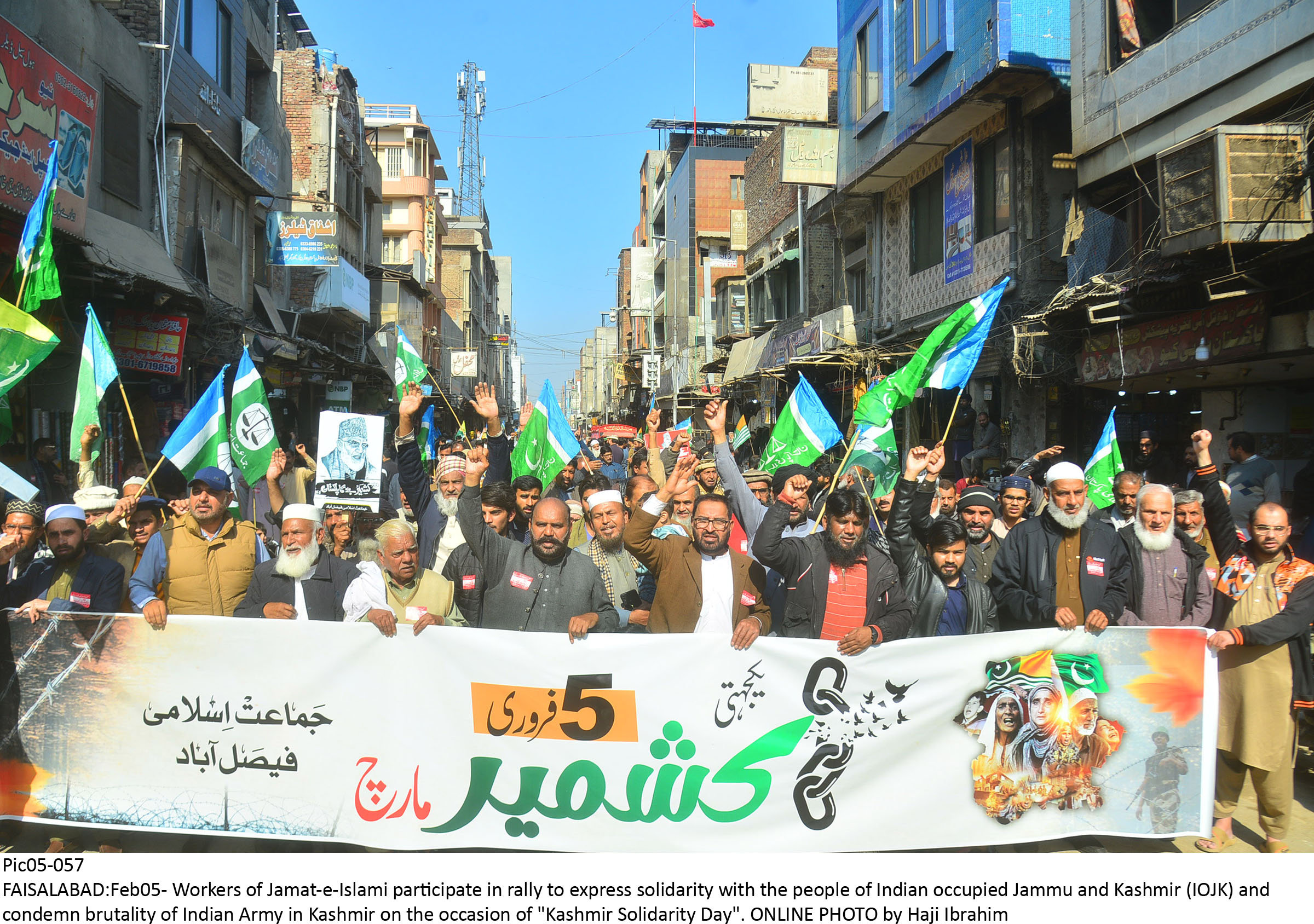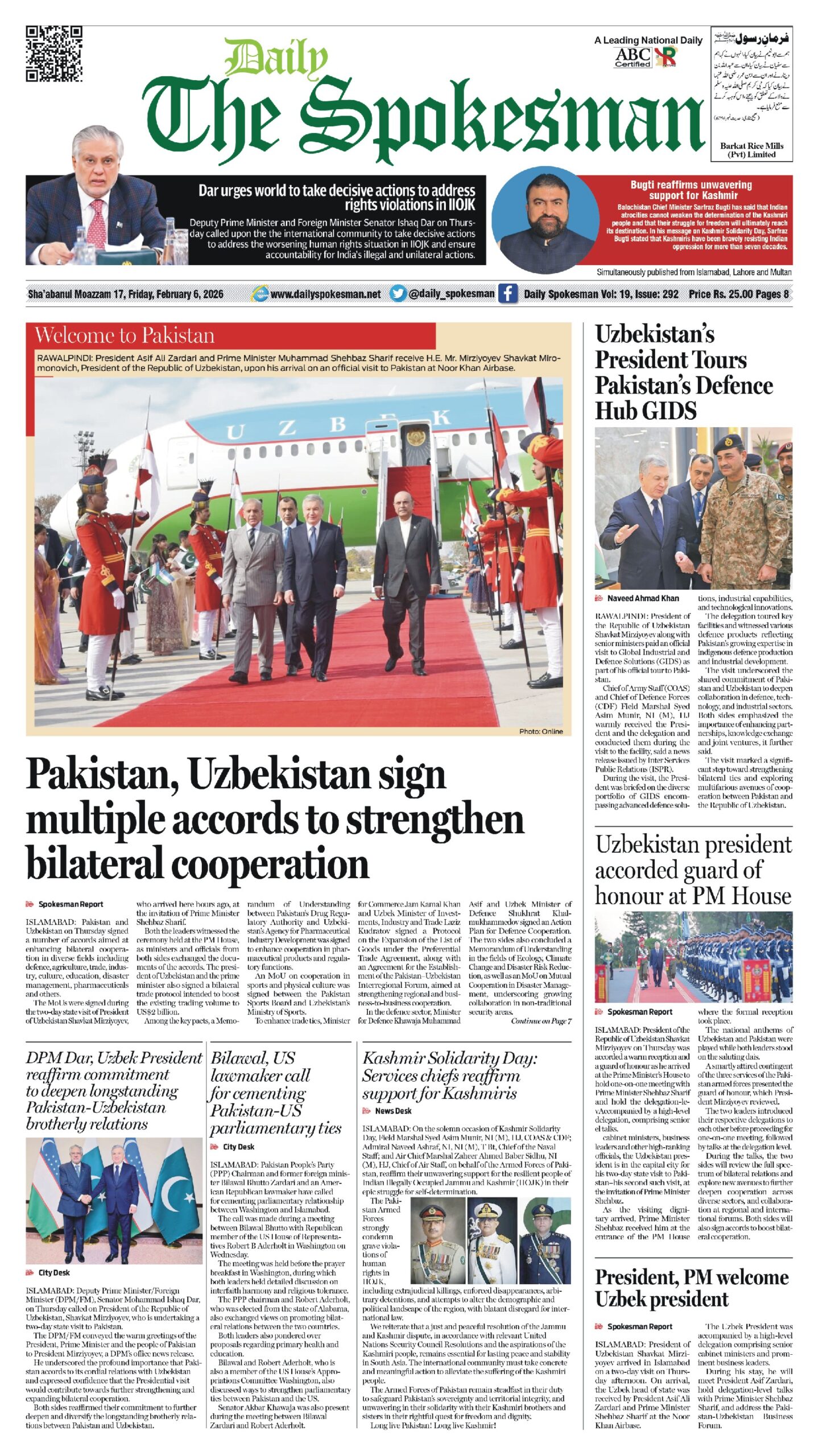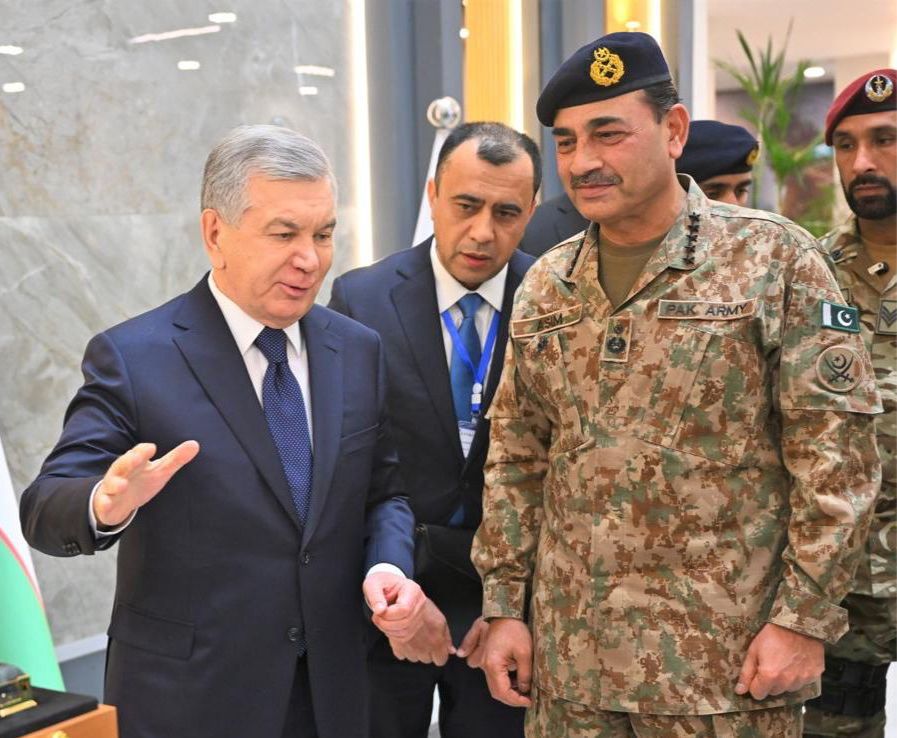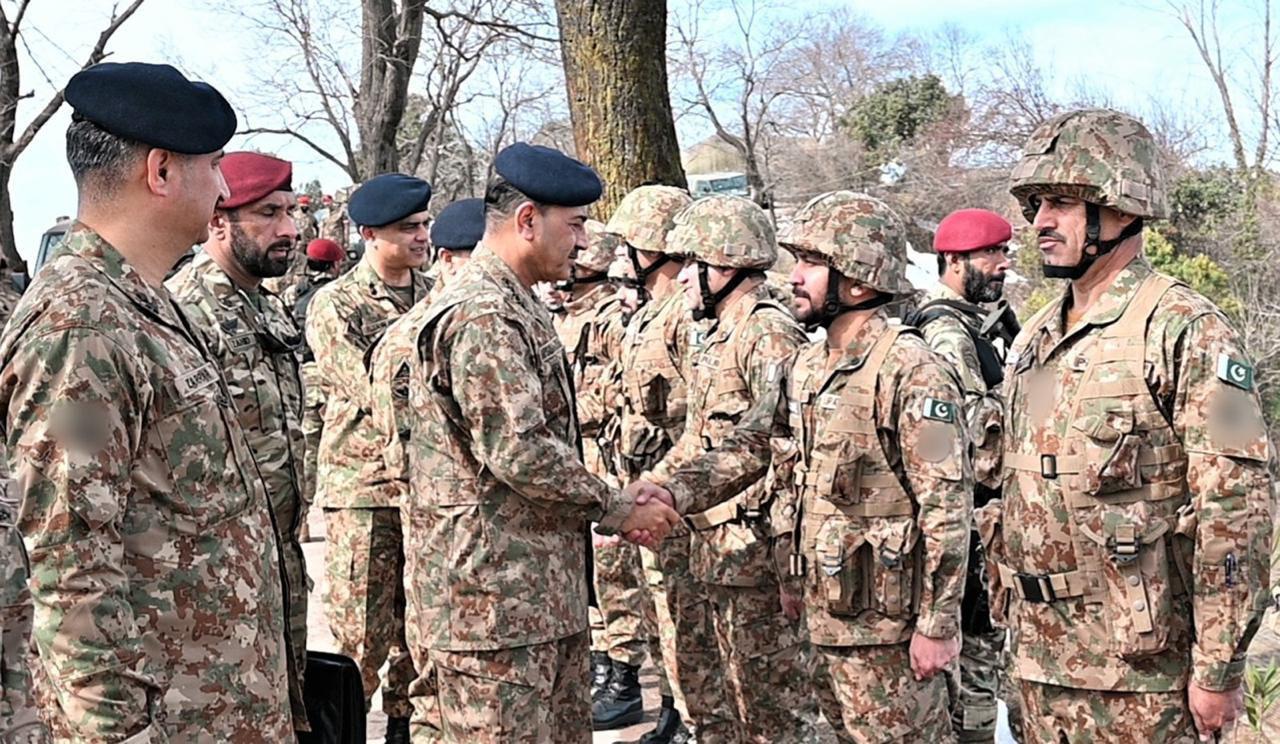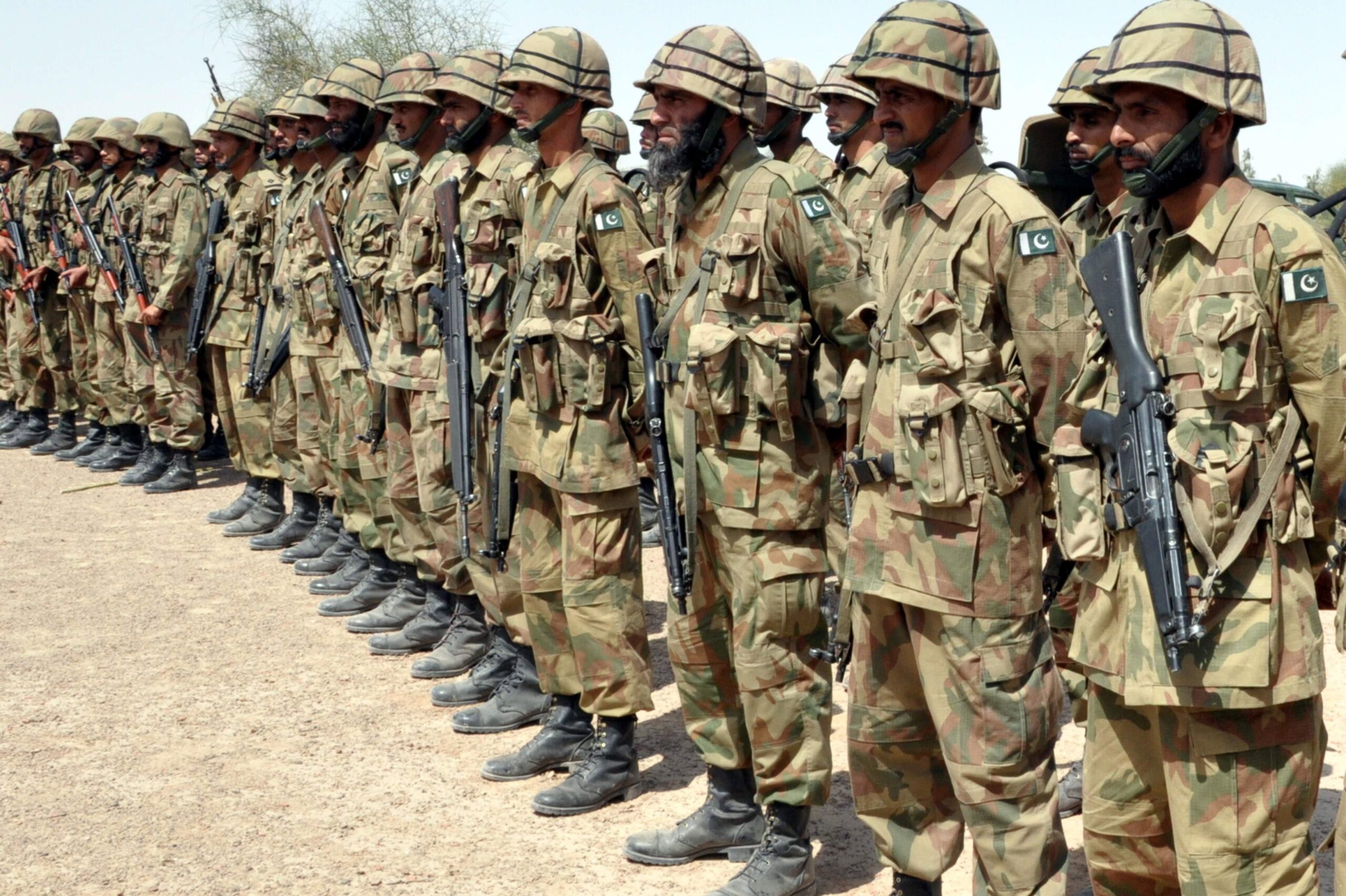
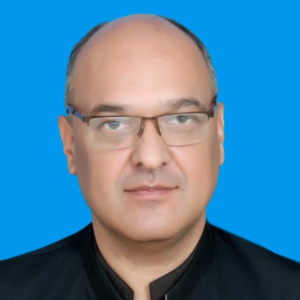 Abdul Basit Alvi
Abdul Basit Alvi
One of the most direct and impactful ways in which Pakistani youth contribute to national security is through service in the armed forces. Each year, thousands of young men and women enlist in the Pakistan Army, Navy, and Air Force, driven by a strong sense of duty and patriotism. The Pakistan Army, in particular, has long depended on the bravery and professionalism of its young soldiers to defend the nation’s borders and address both external and internal security threats. A notable example of youth contribution to Pakistan’s defense is their active participation in the wars of 1965 and 1971, as well as in more recent engagements against insurgencies and terrorism. In these conflicts, young soldiers exhibited exceptional courage and resilience in the face of adversity.
In more recent years, young recruits have played a critical role in Pakistan’s counterterrorism efforts, particularly in Operation Zarb-e-Azb (2014) and Operation Radd-ul-Fasaad (2017). These operations, aimed at eliminating terrorist networks and stabilizing the country’s borders, saw young soldiers make significant contributions to defeating militancy and ensuring the safety of Pakistan’s civilian population. Institutions like the Pakistan Military Academy (PMA) continue to attract young talent, training them to become skilled leaders and warriors. These programs instill values of patriotism, discipline, and commitment, ensuring a steady stream of dedicated individuals ready to serve the nation.
Beyond military service, many young Pakistanis are also making vital contributions to national security through law enforcement and intelligence agencies. In the wake of the 9/11 attacks, Pakistan became a key player in the global fight against terrorism, facing numerous internal security challenges posed by terrorist groups, insurgents, and extremist factions. Young Pakistanis have not only volunteered to serve in security agencies but have risen to leadership roles in organizations such as the Pakistan Rangers, Frontier Corps, Anti-Terrorism Force (ATF), and the Inter-Services Intelligence (ISI).
A noteworthy example of youth involvement in counterterrorism efforts is the role of the Pakistan Rangers in Karachi and other volatile regions, where young officers have worked tirelessly to combat urban terrorism, protect civilians, and maintain law and order. During the Karachi Operation, launched in 2013 to address terrorism, extremism, and organized crime, young law enforcement officers played critical roles in reclaiming the city from militant groups and ensuring long-term peace. Additionally, young officers in the Counter-Terrorism Department (CTD) have been instrumental in intelligence gathering, counterinsurgency operations, and community outreach to counter extremist ideologies, further strengthening Pakistan’s security apparatus. Youth-led organizations in Pakistan, such as the Shaheen Force (volunteer national guard units), have emerged as key contributors to enhancing domestic security by involving young people in local defense efforts, particularly in border regions and areas facing insurgent threats. In the 21st century, national security extends beyond physical borders. The digital era has introduced new security challenges, and Pakistani youth have proven essential in protecting the nation’s digital infrastructure. With an increase in cyberattacks from both state and non-state actors targeting everything from government systems to critical industries and institutions, youth have become indispensable in defending Pakistan’s cyberspace. One notable example of youth involvement in cybersecurity is the Pakistan Cyber Emergency Response Team (PakCERT), which works diligently to protect the country’s digital assets from evolving threats. Many young cybersecurity experts, often with backgrounds in computer science and engineering, have taken on leadership roles in protecting Pakistan’s critical infrastructure from cyber threats. These young professionals are collaborating with government agencies, private sector companies, and educational institutions to strengthen the nation’s cyber resilience. Additionally, youth-led initiatives, such as Cyber Security Awareness Programs in universities and high schools, are educating young people about the risks of cyber threats and how to defend against them. Ethical hackers and cybersecurity enthusiasts are becoming vital contributors by identifying vulnerabilities in systems and helping protect Pakistan from cyber espionage, hacking, and data breaches. The involvement of youth in cybersecurity also extends to global competitions like Capture the Flag (CTF), where Pakistan’s young tech experts have earned recognition for their skills in ethical hacking and digital defense. These efforts are crucial as Pakistan modernizes its military and national security infrastructure, increasingly relying on technological solutions to address new and emerging threats.
Beyond traditional roles in the military and intelligence sectors, many young Pakistanis are contributing to national security by advocating for peace, social stability, and conflict resolution. Organizations such as Peace Foundation Pakistan and the Youth Parliament of Pakistan have played a central role in fostering dialogue and promoting national unity, particularly in regions impacted by terrorism, sectarian violence, and ethnic divisions. Youth-led programs focused on countering violent extremism have proven essential in communities vulnerable to radicalization. Young activists and social workers, often collaborating with law enforcement and community leaders, have facilitated interfaith and interethnic dialogue to resolve local conflicts and promote peace. A notable example is the Youth Against Terrorism (YAT) movement, which brings together young Pakistani students, activists, and professionals to raise awareness about the dangers of extremism and the importance of social harmony. Through awareness campaigns, workshops, and public discussions, this initiative empowers youth to become agents of change in their communities, diminishing the appeal of militant ideologies.
Pakistani youth also contribute significantly to national security through volunteerism, particularly in disaster response, humanitarian aid, and community resilience efforts. Whether responding to natural disasters such as floods and earthquakes, or engaging in local security initiatives, young volunteers are often on the frontlines of national stability. For instance, during the 2010 floods, young volunteers played a crucial role in providing immediate relief, distributing food, offering medical assistance, and helping affected communities rebuild. During the COVID-19 pandemic, young volunteers were vital in spreading information, supporting frontline workers, and ensuring the safety and well-being of vulnerable populations. This spirit of volunteerism is also evident in youth-led organizations like The Citizens Foundation (TCF) and Indus Hospital, where young people are making significant contributions to enhancing public health, education, and social infrastructure—key pillars of national stability and security.
Pakistani youth and the Pakistan Army stand united, working in harmony for the nation’s security. The bond between these two vital components of national defense is strong and unbreakable. Any malicious attempts by our enemies to sow divisions between our youth and armed forces will ultimately fail, as the entire nation continues to support and collaborate with our courageous military to safeguard the security of Pakistan.


